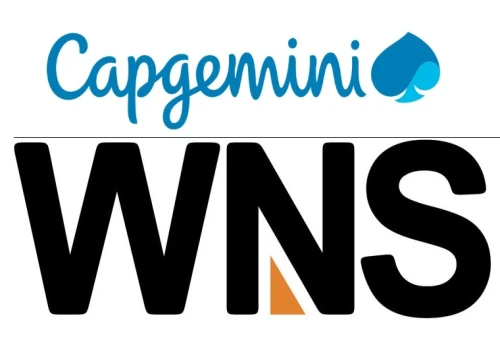_2100_x_1470.webp)
Sun Pharma, a major Indian pharmaceutical company, is recalling over 55,000 bottles of Febuxostat, a generic drug used to treat gout, from the US market. This recall, initiated on March 4, 2024, by the US Food and Drug Administration (USFDA), stems from violations of Current Good Manufacturing Practice (CGMP) regulations at Sun Pharma's Dadra manufacturing plant in India.
Understanding the Problem: CGMP Deviations and Microbial Contamination
The USFDA cited "microbial contamination reported in stagnant water within the duct of the manufacturing equipment" as the reason for the recall. CGMP regulations are a set of guidelines established by the USFDA to ensure the quality, safety, and efficacy of drugs manufactured and sold in the United States. Deviations from these regulations raise concerns about the potential health risks associated with the medication.
While the US FDA categorizes this as a Class II recall, indicating a low probability of serious health consequences, it's crucial to understand how such lapses in manufacturing standards can impact patient safety. Microbial contamination in medications can lead to a variety of health issues, ranging from minor allergic reactions to severe infections.
Impact of the Recall on Patients and Sun Pharma
This recall is a setback for Sun Pharma, one of the leading generic drug manufacturers in the US. The US generic drug market, valued at an estimated $115.2 billion in 2019, is the largest market for pharmaceutical products globally. Recalls can damage a company's reputation and lead to financial losses. More importantly, it raises concerns about the quality control measures in place at Sun Pharma's manufacturing facilities.
For patients taking the recalled Febuxostat tablets, it's essential to consult their healthcare providers to discuss alternative treatment options. The USFDA has advised healthcare professionals and distributors to stop using and distributing the affected lot of Febuxostat.
Addressing the Issues: Ensuring Patient Safety and Maintaining Market Trust
Sun Pharma will need to take swift and decisive action to address the concerns raised by this recall. Here's what the company can do:
- Thorough Investigation: A comprehensive investigation into the cause of the CGMP deviations and microbial contamination is essential. This will help identify any systemic issues within the manufacturing process and prevent similar occurrences in the future.
- Corrective Measures: Sun Pharma must implement effective corrective measures to ensure their manufacturing facilities comply fully with CGMP regulations. This may involve upgrading equipment, improving sanitation protocols, and retraining personnel.
- Transparency and Communication: Open communication with the USFDA, healthcare professionals, and patients is crucial. Sun Pharma should issue clear and concise information about the recall, the potential risks associated with the medication, and the steps they are taking to address the situation.
Regaining market trust after a drug recall requires a commitment to patient safety and quality manufacturing. Sun Pharma must demonstrate a proactive approach to ensuring their medications meet the highest standards and adhere to all regulatory guidelines.
The Importance of a Robust Regulatory Framework
This incident highlights the importance of a strong and well-functioning regulatory framework for pharmaceuticals. The USFDA plays a vital role in protecting public health by ensuring the safety and efficacy of drugs. Regular inspections of manufacturing facilities, along with strict enforcement of CGMP regulations, are essential to prevent such issues.
Looking Ahead: Maintaining Quality and Patient Safety
Sun Pharma's recall serves as a reminder that maintaining the highest quality standards is paramount in the pharmaceutical industry. Patient safety should always be the top priority. Consumers around the world rely on the safety and efficacy of medications, and pharmaceutical companies must be held accountable for upholding these standards.












